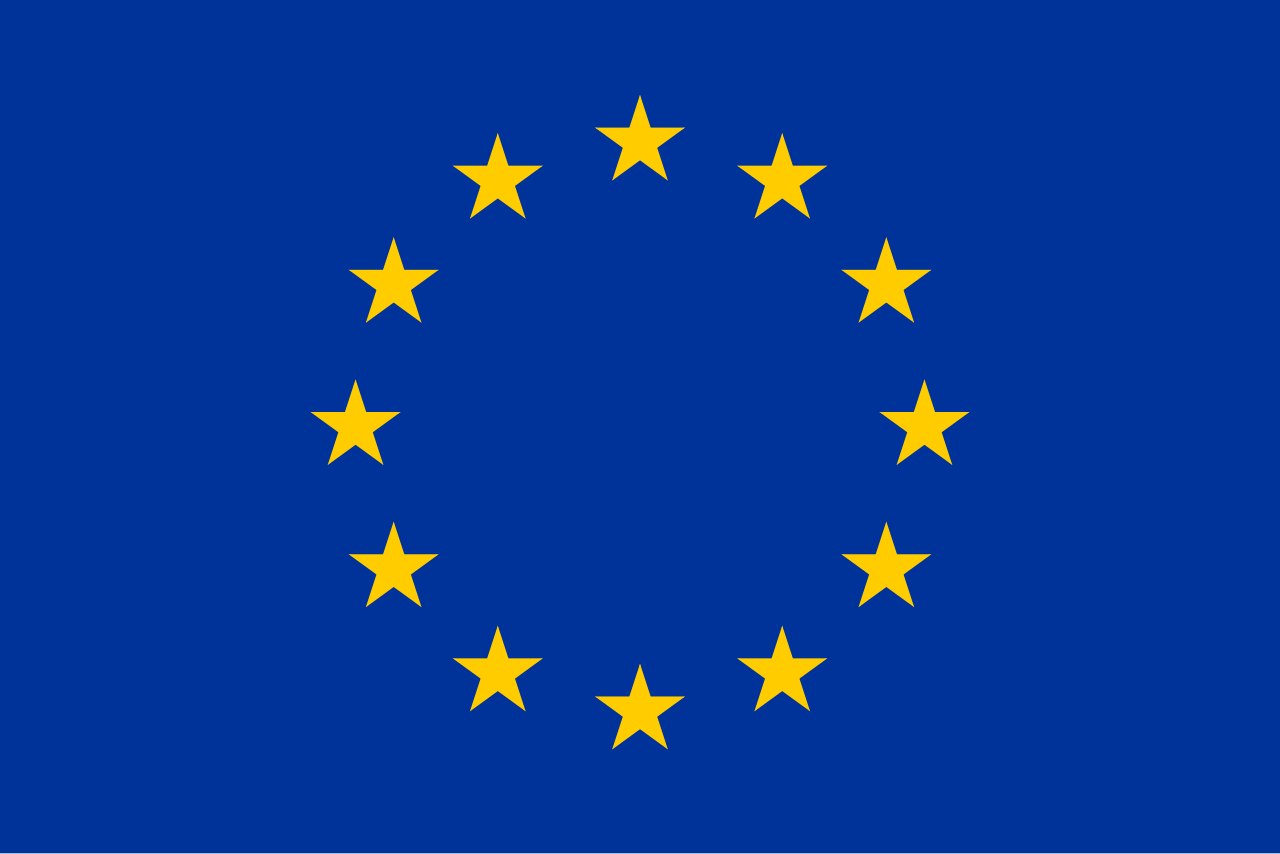

Thanks for the ransom note tips.
I’m also thinking the ransom note could be a PDF w/metadata removed, posted anonymously to a framadrop box, and the physical note could be made with your dominant hand but only as a hand-written QR code to the PDF URL. Perhaps magic marker with making dots on a graph paper.










It’s a good “cover for action”, considering most of the printers that have the stego are naturally incapable of achieving the high quality needed to counterfeit banknotes. And those that are high enough quality are artificially crippled to be incapable of producing an exact match on the colors used in banknotes. Printers are generally lousy at matching colors. IIRC, Epson supplied software that would alter the photo displayed on your screen to best match what the printer could do, because demanding that the printer precisely match the source color is unrealistic.
Self-regulation out of fear of regulation is a tough sell. What regulation do they risk if they don’t self-regulate, other than the very same outcome: tracker dots?
Like a lot of surveillance, there is the cover story and then there is the real reason.
Nonetheless, I appreciate the comment… it’s always good to be aware of the /official narrative/ regardless.